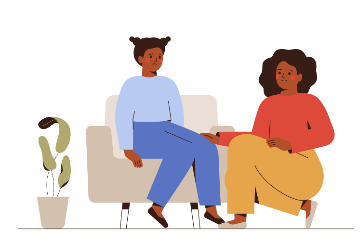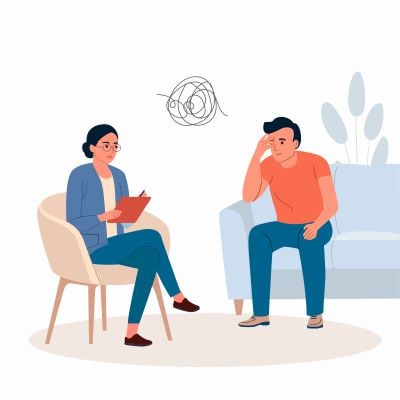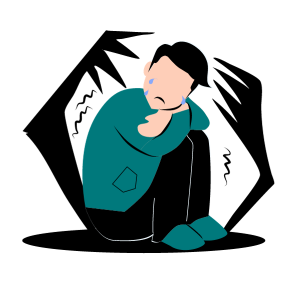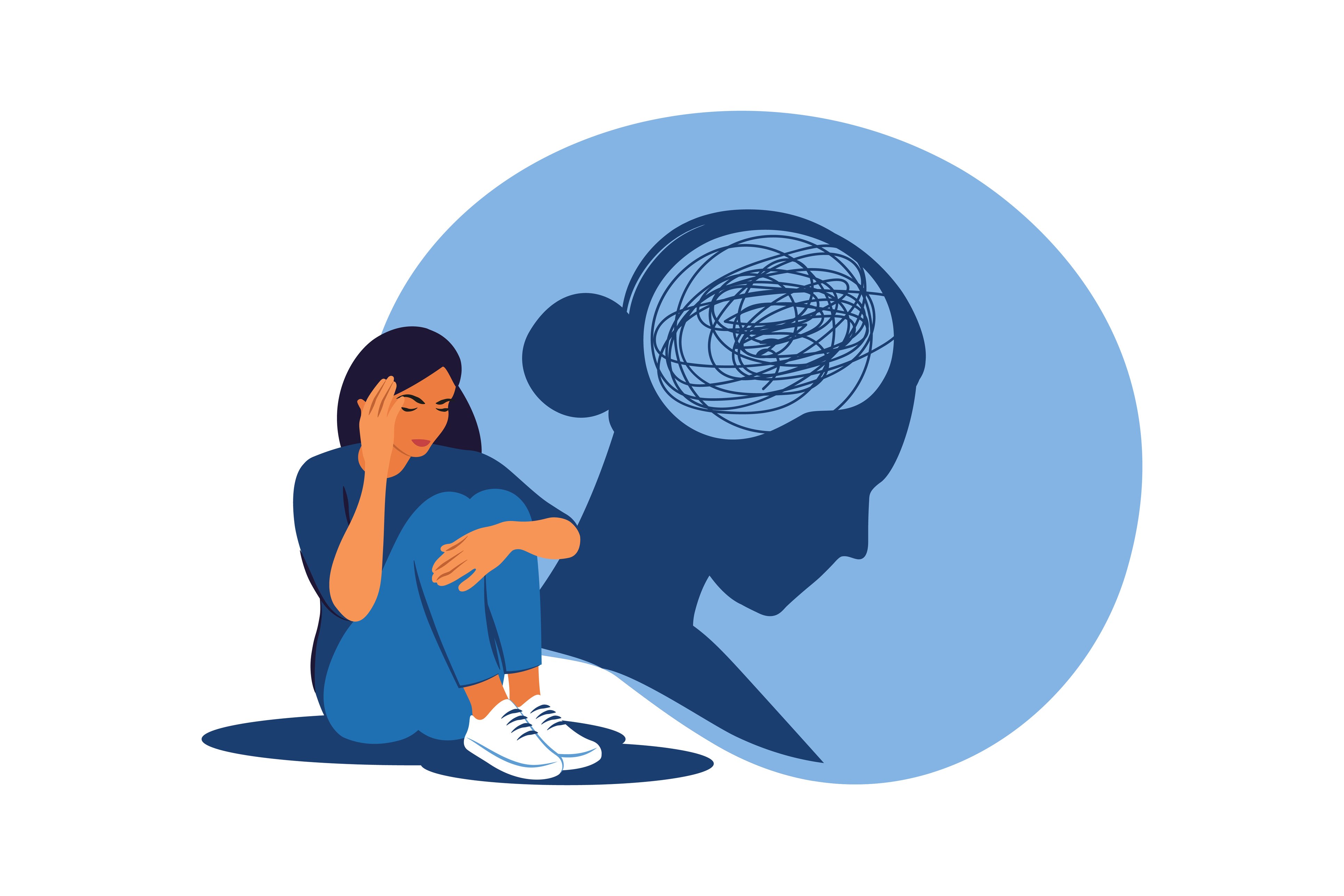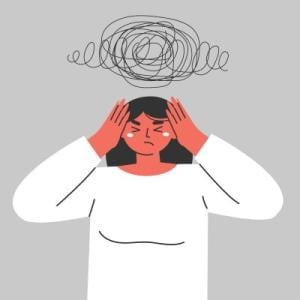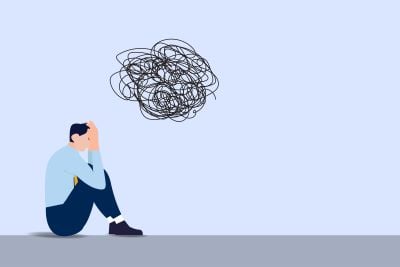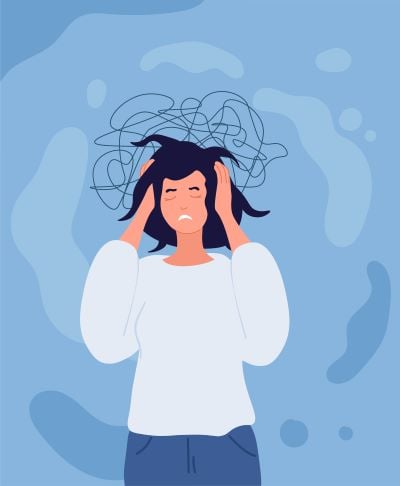
January 19, 2024
Kristina Orlova, LMFT
and
Carl Robbins, MSEd, MS, LCPC
and
Nathaniel Van Kirk, PhD
and
Stephanie Woodrow, LCPC, NCC
and
In this webinar, three OCD specialists will discuss considerations in whether to self-disclose, how much to tell, the experiences they’ve had from their decision, and things they didn't think to consider before self-disclosing.

